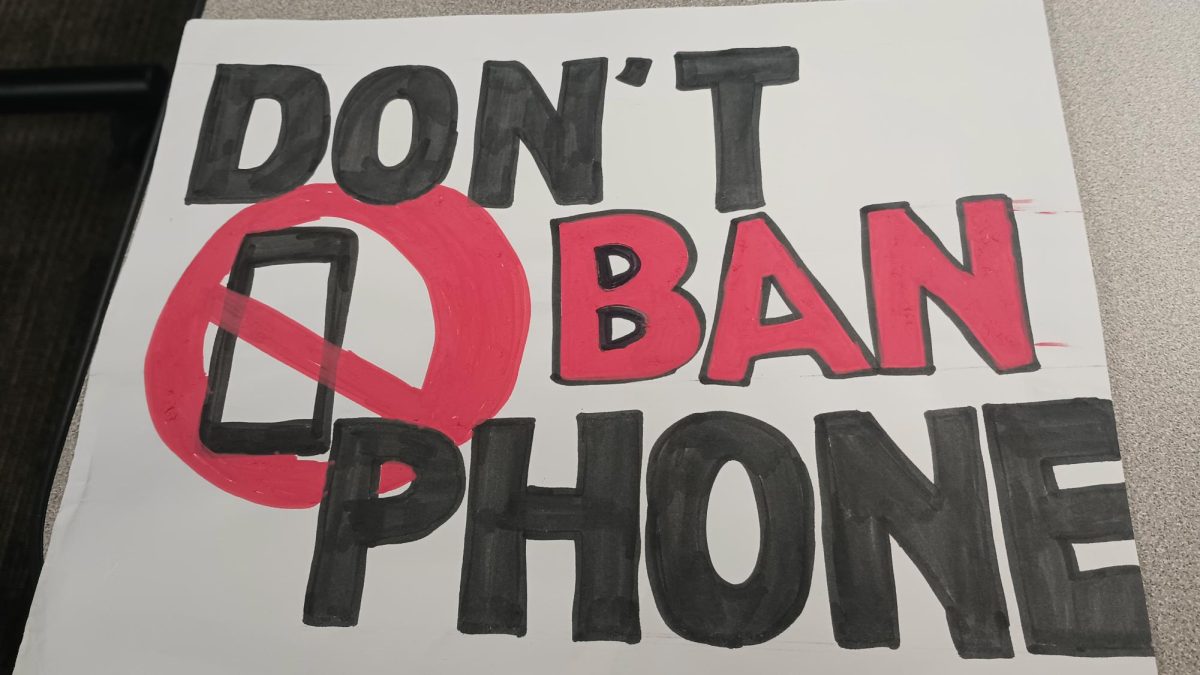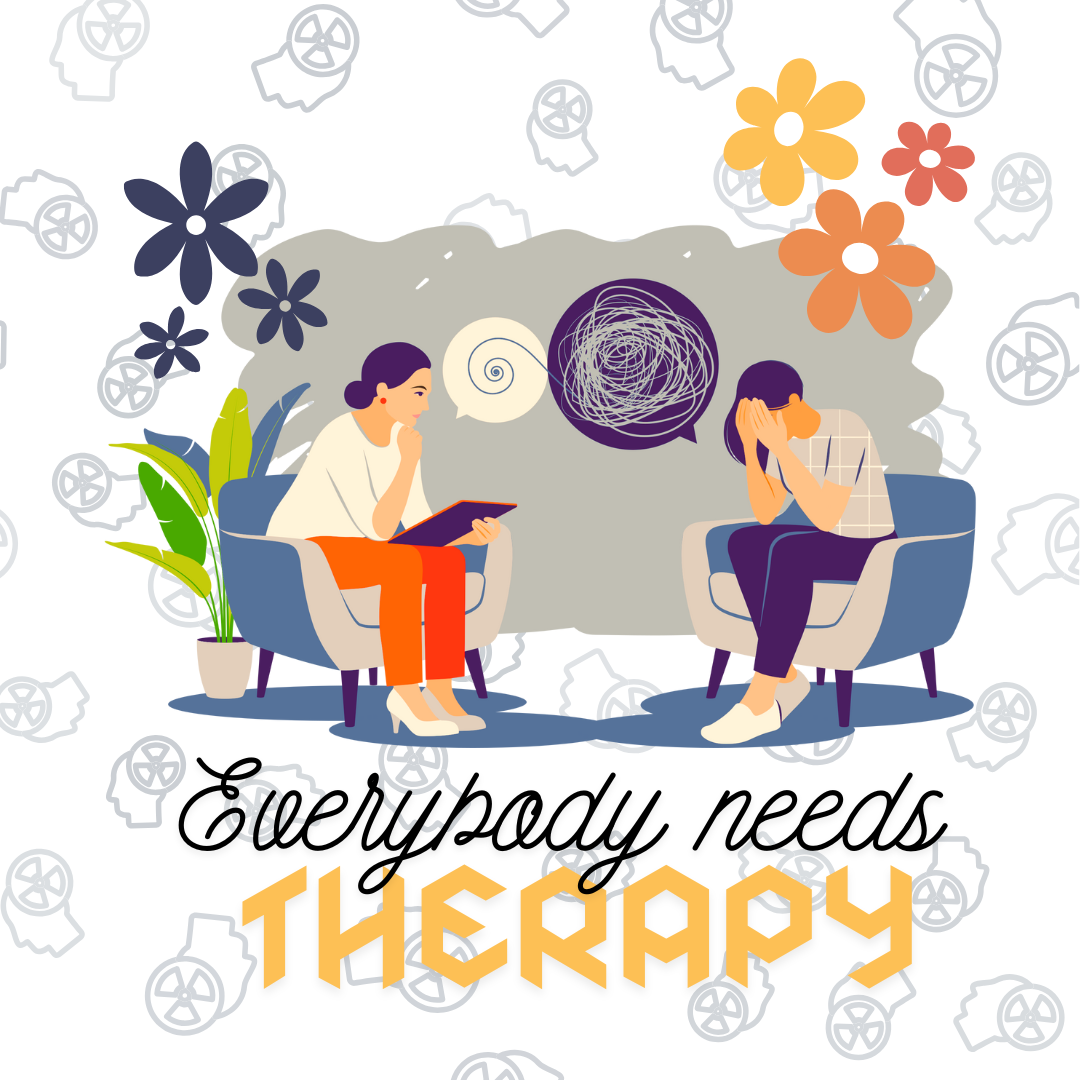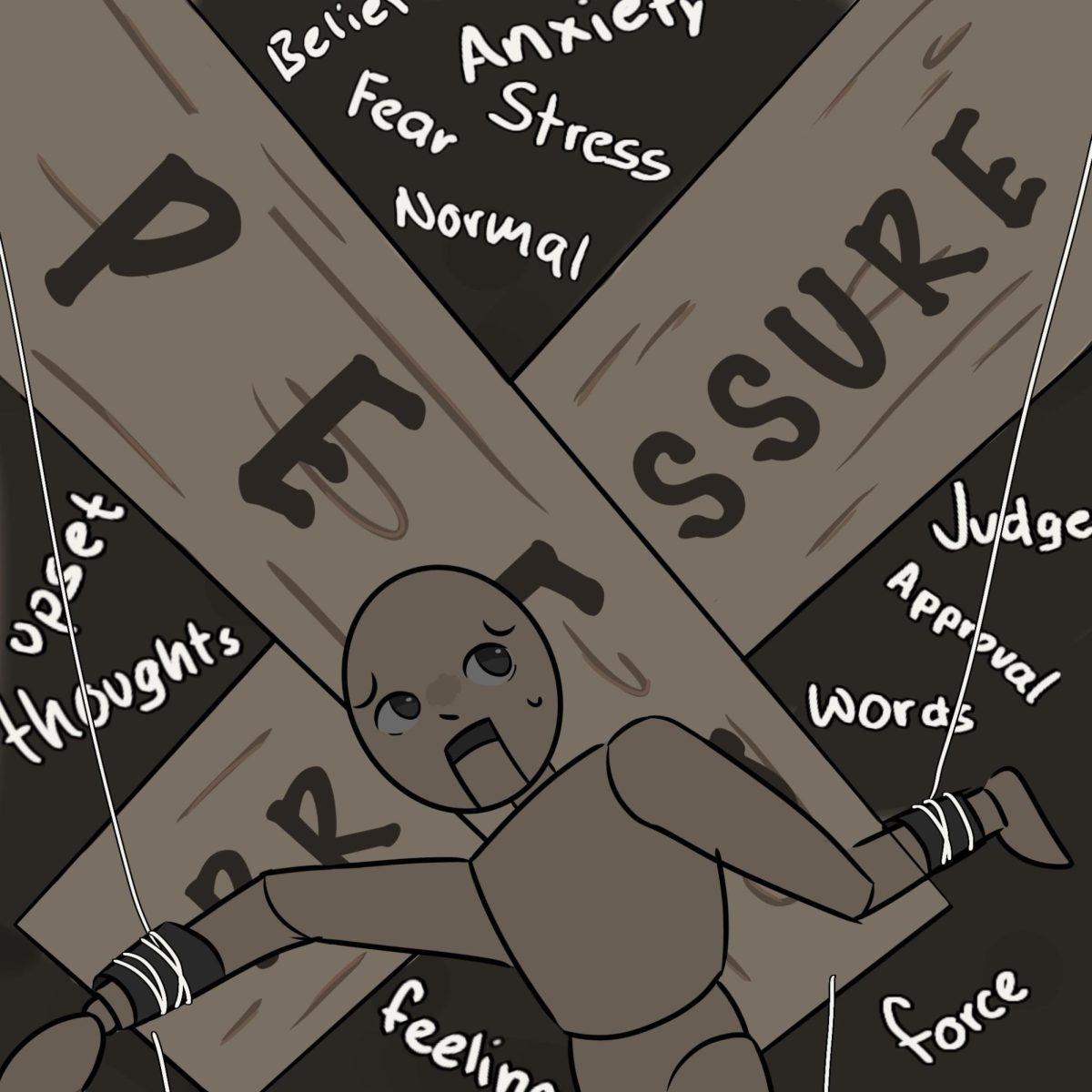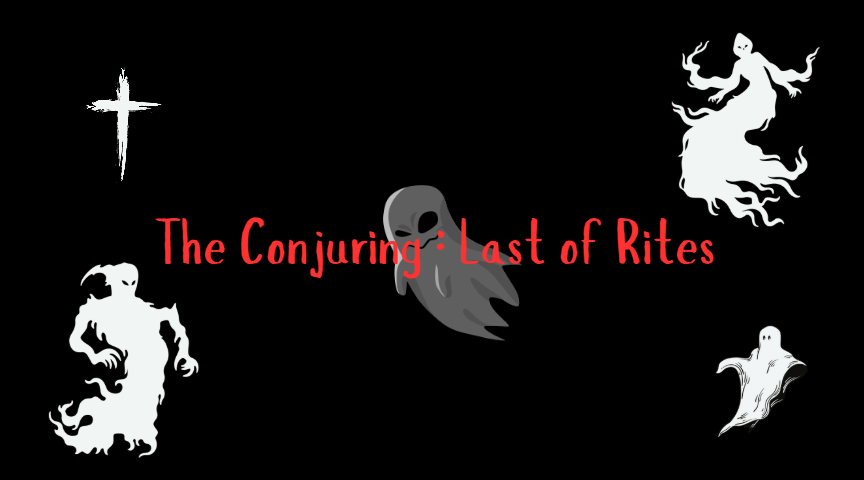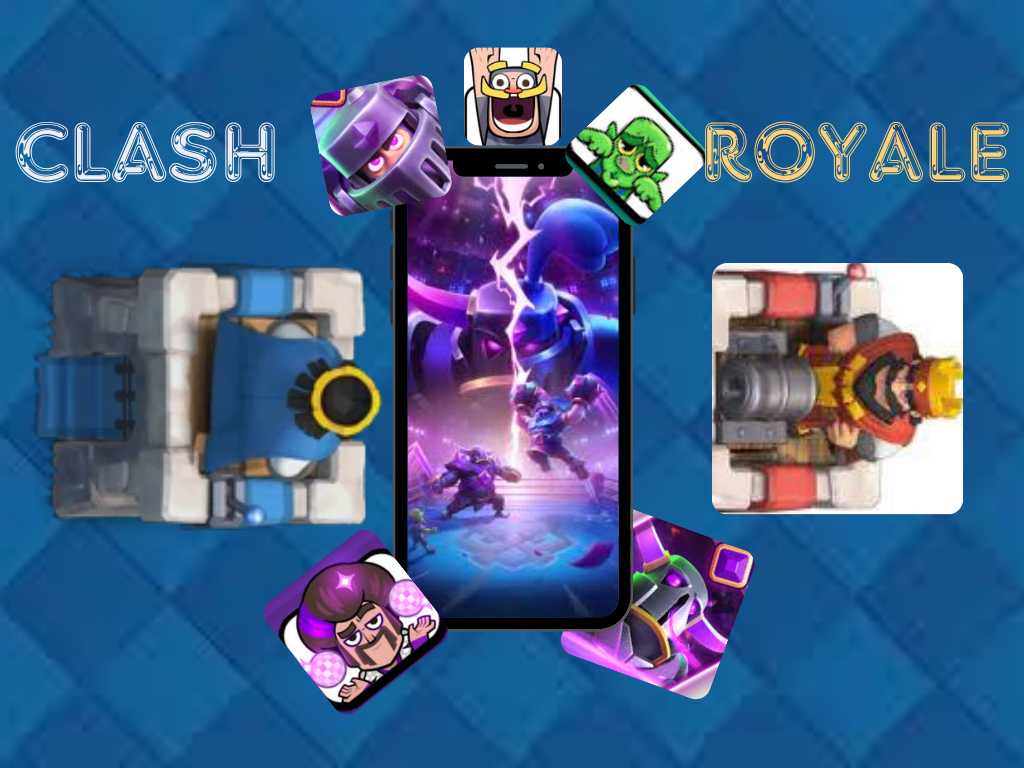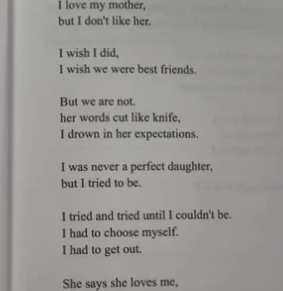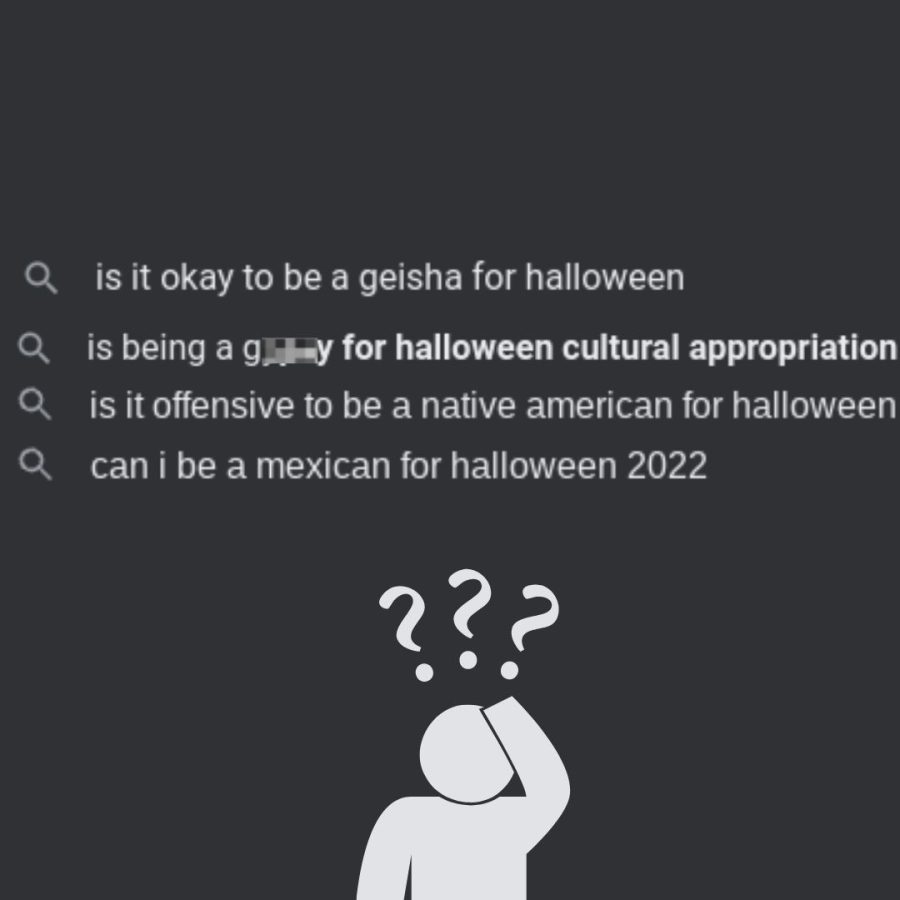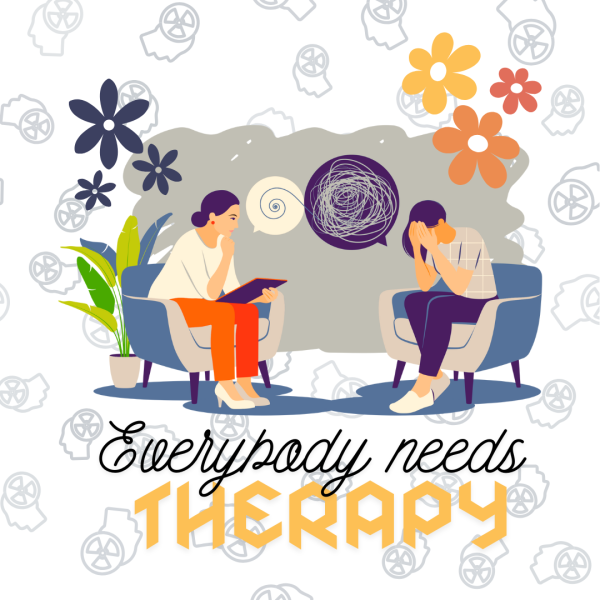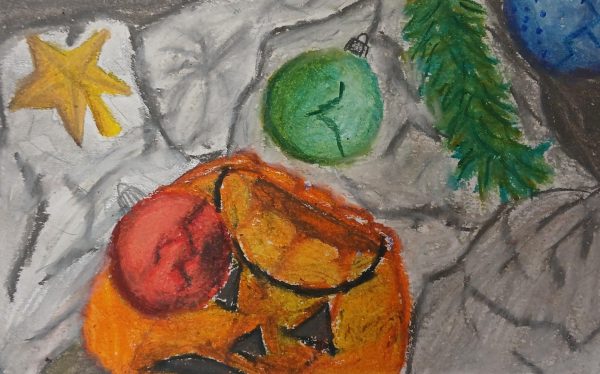Is it still cultural appropriation even if it’s Halloween?
Malena Fouts-Arteaga (created with Canva)
All of the searches above pop up after searching for something up that’s Halloween related on Google.
Horror, dressing up, parties, and spooky decorations; who doesn’t love Halloween? I love seeing the creativity that some people have, especially the costume makers out there. There are so many costumes to pick from; you could be a movie character, a cool monster, or even an adult woman Cherokee warrior Indian– wait, what? Unfortunately, people still can’t differentiate between appreciation and appropriation, especially during Halloween.
No, I have nothing against funny costumes or people wearing clothes from foreign cultures. If you choose to wear traditional clothes on Halloween or any other day, then that’s on you. The real problem is when someone wears a full-on traditional outfit as a costume.
There is absolutely nothing wrong with wearing foreign traditional items; many people including myself encourage it. But when you put it on just as a costume, you’re displaying the privilege that you get since you don’t belong to that background, even if you’re already a minority.
Anonymous students at MCHS were asked about cultural appropriation; all of them are junior students.
When asked if they’ve seen their culture appropriated, they all responded “yes.”
At the end of the day, you can wipe off the makeup, take the clothes off, and move on. The people that belong to that background can’t; they are still part of that culture no matter what. They put up with the trauma, stereotypes, discrimination, and other struggles the people of that ethnicity, race, or culture face daily. It’s also seen as racist by some because you are picking and choosing what aspects of a culture you want to “claim as your own” while not giving credit to where it’s due.
Some might think that “it’s just clothes,” but this just simply isn’t the case. There are two main ways that this hurts cultures: misrecognition and exploitation. Misrecognition is mistaking the identity of someone or something. Exploitation is making use of something to your advantage.
Now, what does any of this have to do with Halloween?
Halloween is all about dressing up as something you’re not, besides trick-or-treating of course. Even the Celts wore animal skins and heads during Samhain, or the “original” Halloween. While there aren’t many people going out wearing offensive costumes, more people are posting themselves on social media wearing them. This happens to be a problem that many celebrities cannot seem to avoid.
Kylie Jenner, Heidi Klum, Scott Disick, Tia Mowry, Ashley Tisdale, and many more have all dressed up for Halloween in costumes that they shouldn’t have worn. It’s not even just American celebrities who have appropriated during Halloween, either. Several Korean-pop idols are commonly “forgiven” by people just because of the difference in industry and management.
While these aren’t the only examples of k-pop idols wearing or doing inappropriate things, here are the most well-known instances. Jihyo of Twice dressed up in a stereotypical Native American costume during a Halloween fan meet and introduced herself as “Indian Jihyo.” Lisa from BLACKPINK wore box braids. Wendy from Red Velvet mimicked the speaking patterns of black women. Jay Y. Park, singer-songwriter and record executive of JYP Entertainment made a remix of “DNA” by Kendrick Lamar rapping about being proud to be South Korean, however, some of the Korean background rappers wore Afros and locs.
The real problem with celebrities wearing these costumes is the fact that they have so many fans that look up to them. If you see someone who is a role model to you wearing something offensive, then you might think that it’s okay, and you could end up making the same mistakes as they did. As we’ve seen before, the amount of influence some celebrities have is insane, so letting them get away with exploitation is far from okay.
Especially on social media, it seems as if we have normalized appropriation unless it comes from influential people because of how often it happens.
One anonymous junior mentioned the recent trend that has been going around on social media where non-Mexican people renamed traditional foods and drinks.
“It went from aguas frescas to ‘spa water’ and horchata became ‘muddy water’,” they said.
So, what can you do about this?
One student said that we can provide “lessons, presentations, seminars, and books” about our own cultures to people from different backgrounds.
The first step is to do basic research and find out what’s offensive and what’s not. Don’t think that it takes extensive research, either. How are you going to avoid making a mistake when you aren’t willing to acknowledge it? If you want to show your support and admiration for other cultures, then buy something that was handmade by someone of that culture.
Another anonymous junior said, “The easiest and probably best way to learn about a culture is to visit the country and learn it from the natives.”
If you’ve purchased something that isn’t simple like jewelry, find out how to wear it the right way because believe it or not, sometimes cultural clothing should be worn in a specific way. Again, it only takes a couple of minutes and it’ll save you from the embarrassment of confrontation. Wearing something the right way is the easiest way to show that you appreciate the culture.
Lastly, if you notice that you or your favorite celebrity has worn something that could have been perceived as offensive, acknowledge it. Don’t make a big deal out of it, but recognize why it was wrong, and move on.
An anonymous student said that we can respect other cultures “by trying to learn from people of that culture and then spread that information in careful and respectful ways.”
Caricatures of minorities still exist and will always exist as long as stereotypical costumes are around. Real people are not mythical creatures for you to dress up as for a day; the costumes that you see are not how they dress and are based on stereotypes.
Here is a list of costume ideas for you to avoid:
- Any Native American costume, including Alaskan Natives
- Costumes that require you to change your natural physical features. For example, if you choose to dress up as a black character, don’t darken your skin.
- The costumes that portray Mexicans as violent alcoholics.
- Sexualized versions of traditional Asian clothing, for example, Japanese kimonos and Vietnamese áo dàis.
- “Fortune teller” costumes of Romani women
- Caricatures of disabled people (yes, those exist)
- Anything else that is a depiction of a stereotype

I love buying clothes for my dog, my favorite band is Lamp, and my favorite animal is the whale shark.





